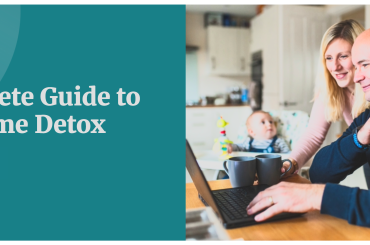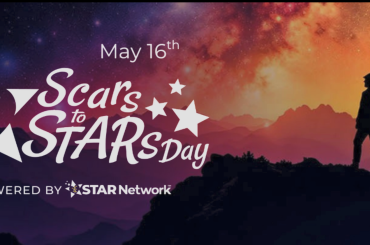The most common way people give up their power is by thinking they don’t have any.
− Alice Walker
Don’t get me wrong, as a human being you have been victimized. Any time another person violates one of your boundaries, there is the possibility of victimization. Being lied to, cheated on, and ignored because of another person’s addiction are common forms of victimization. It is likely, if you are reading this article on this website, that you may have both experienced and perpetrated these types of victimization.
The good news about victimization is that once you become aware of the fact that one of your boundaries has been violated, you can make choices that prevent further victimization. So, except in rare circumstances like unjust imprisonment or being held against your will, the experience of victimization lasts only a brief time (unless you become a volunteer by allowing it to repeat or continue). As soon as the boundary violation ends, so too does the state of being a victim.
When you are free to choose your response, you are not a victim.
If you’ve experienced repeated or chronic boundary violations in a relationship, you must learn to protect yourself. You must choose a response that prevents further victimization. If your partner is irresponsible with money, you can allow that to continue to your detriment (you can volunteer for more abuse), or you can separate your money from your partner’s. If you choose to separate your money, you have set a boundary as an act of protection, and you have stopped the victimization. You might still think of yourself as a victim because you tell yourself that you “had to” create this boundary, but you aren’t. You are actually empowered because you chose to prevent further victimization.
Stepping out of the victim/volunteer role is a four-part process:
- Make a choice to be victorious over the problem.
- Identify where you have power.
- Let go of what you are powerless over.
- Act where you have power.
In the example above, where your partner is irresponsible with finances, you decide you’re not going to stay a victim of your partner’s bad financial decisions, you recognize that you can protect yourself by separating your money from your partner’s, you recognize that you are powerless over your partner’s poor financial choices, and then you act by separating your money from your partner’s. In so doing, you are no longer a victim.
Sometimes people feel stuck because they see themselves as a natural victim, and have a victim mindset. They perpetually feel one-down, helpless, and at the mercy of others. They see themselves as the target of other people’s bad behavior. Sometimes they interpret random unfortunate events as being about them and their exceptionally bad luck or the world in general being “out to get them.” They may even become paranoid. These individuals seem to wear their victimhood as a badge of honor. In so doing, they actively participate in their own victimization. They become volunteers.
Sadly, these individuals can also become abusers. Pia Mellody refers to this as “offending from the victim position.” When you offend from the victim position, you tell yourself the other person has victimized you in some way—which may or may not be true—and you decide that you have a right (and maybe even an obligation) to retaliate or take revenge.
If a boundary of yours has been violated, you do have the right to be angry about it and to set a new boundary to protect yourself. You don’t, however, have a right to retaliate and offend. I’ve counselled countless individuals who’ve justified outrageous behaviors by telling themselves the other person deserved it because of his or her behavior. This choice creates a sense of power, but it does not empower you in the same way you are empowered when you choose a response that prevents further victimization. This is the difference between false power, which allows victimization to continue (albeit with a vengeful response), and true empowerment, where the victimization stops.









1 Comment
Ty for this…speaks to me….